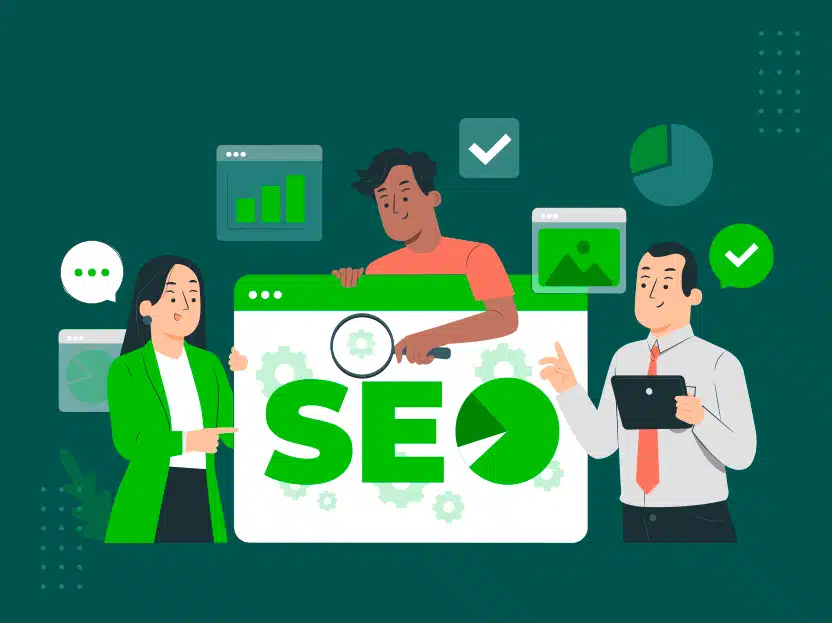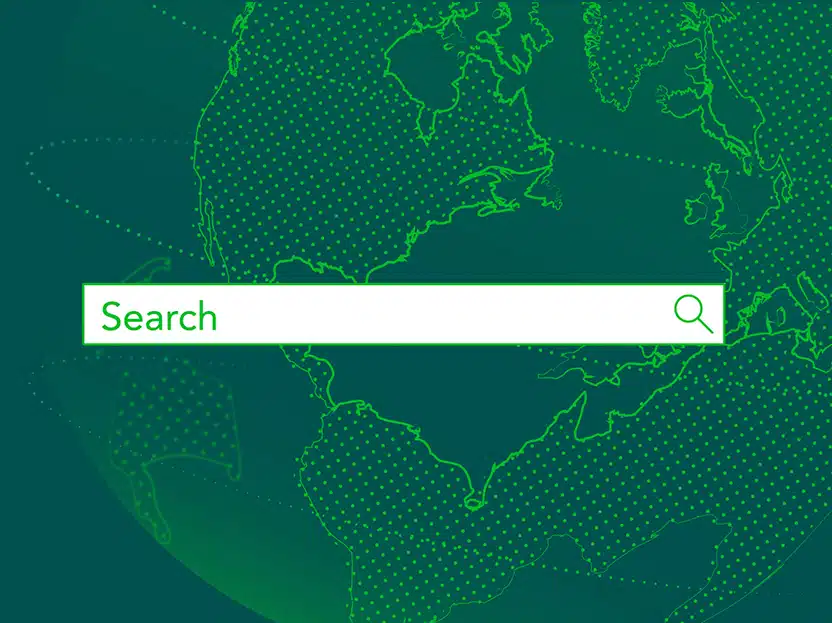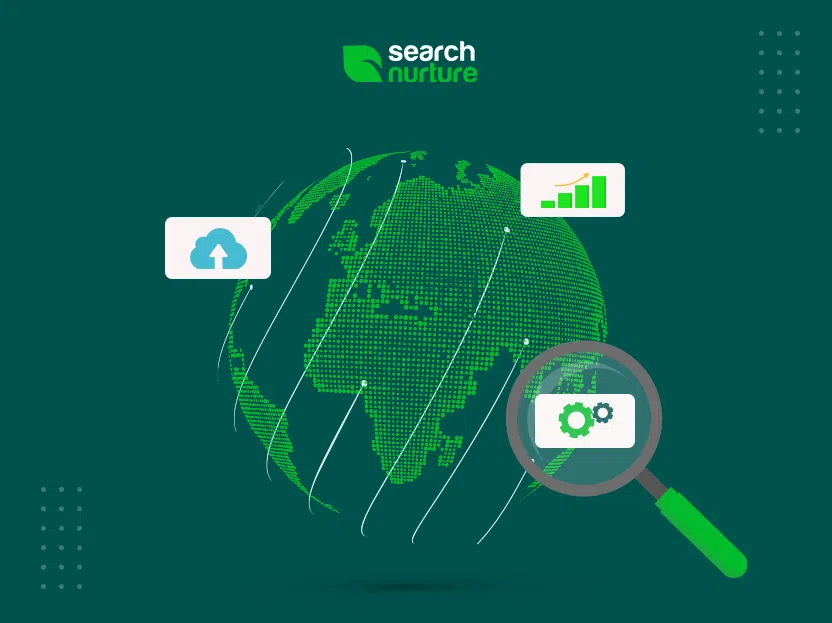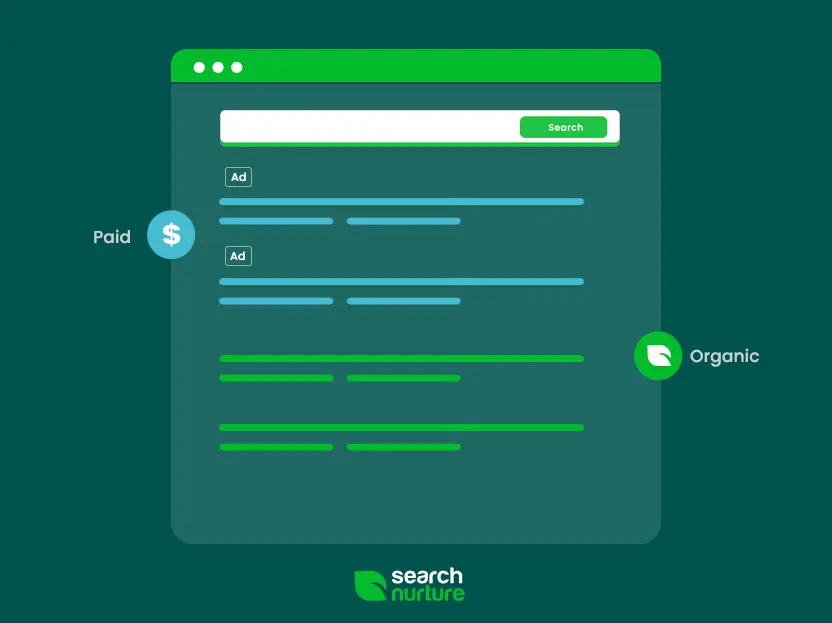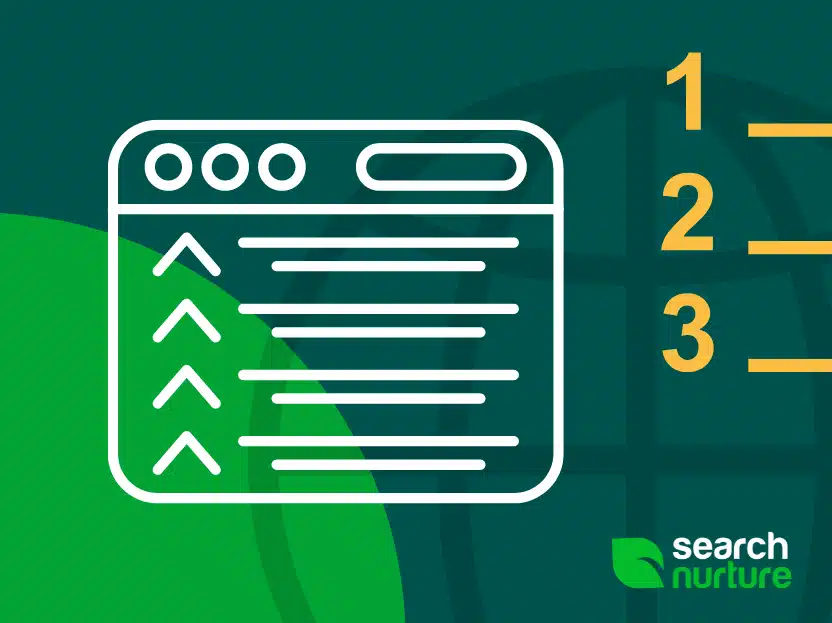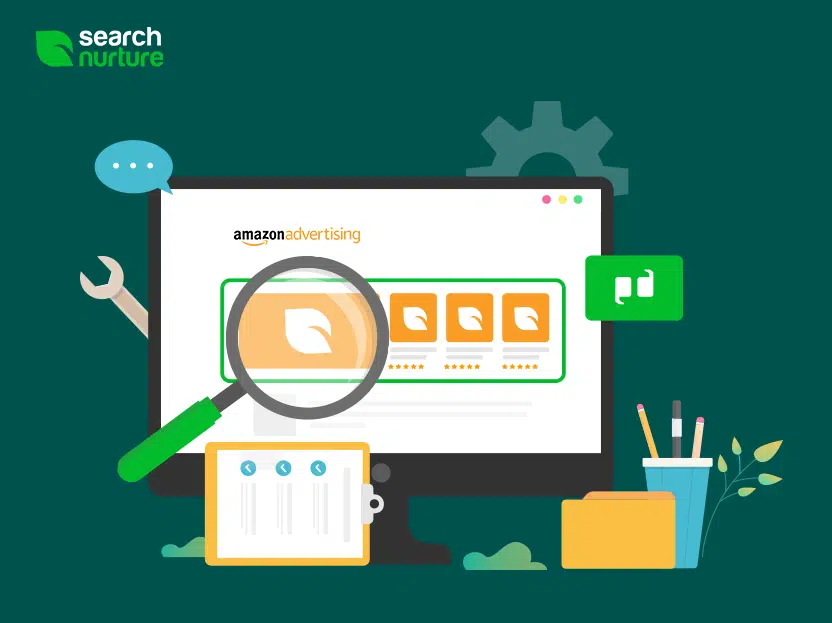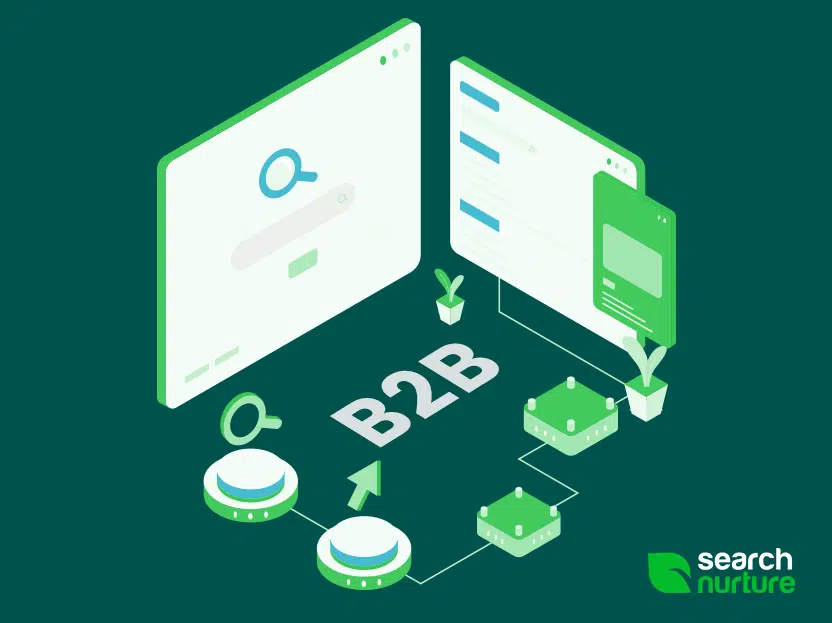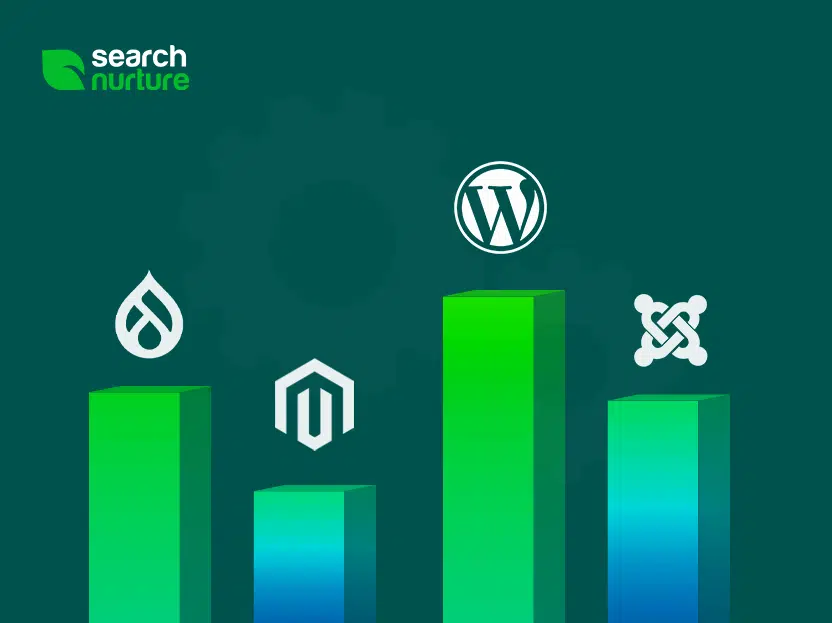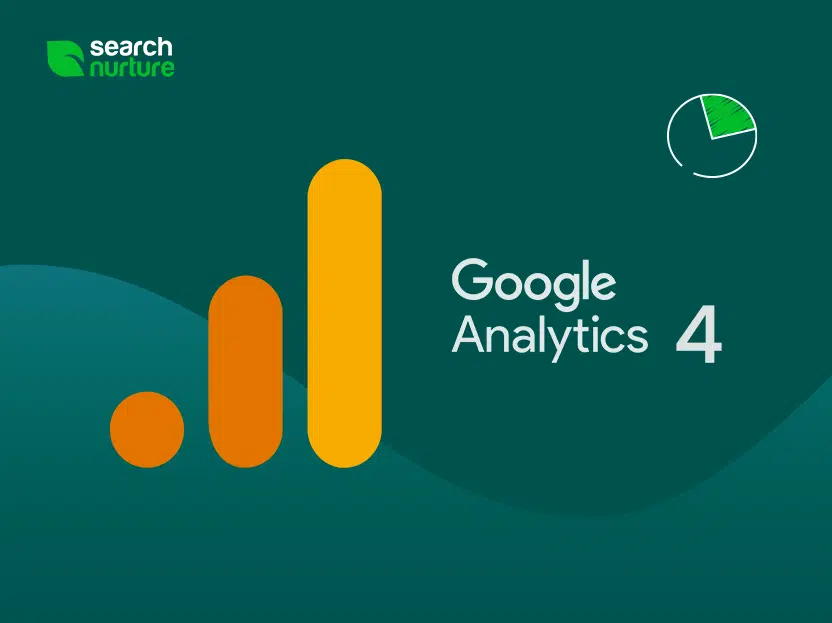What is Content Optimization?
For SEO, content optimization is the process of improving aspects of a page on your website to help it perform better on search engines. Common goals for page optimizations are:
- Improved keyword position
- Organic performance
- On-page conversions
Optimizing content is one of the fastest ways to increase organic traffic to your website. Creating new content can be time-consuming, so optimizing content is a great way to improve traffic in a short amount of time. Also, your website’s existing content will likely have more traction on search compared to a brand new piece of content. Due to this traction, a newly optimized page may see ranking improvements faster than newly published content.
Start by Identifying the Purpose of Your Page
Before optimizing, determine the purpose of your page. Doing so will help you find the right keywords to optimize for as well as the audience you should be targeting. When identifying your page’s purpose, ask yourself:
- Where is this page in the marketing funnel?
- Who is your target audience for this type of content?
- What action do you want users to take after visiting your page?
Answering these questions can help you make the most out of page optimizations. Having a clear understanding of your page’s purpose as part of the optimization process can help improve organic rankings as well as relevance for your users.
How to Find Top Keyword Opportunities
When looking for organic keyword opportunities for your page, analyze the current keyword traction that your page already has using Google Search Console. Start by looking at the keywords that your page is ranking for on the first page of Google. These keywords will likely be the keywords that are driving the most traffic to your page.
Next, look at keywords that your page is ranking for on the second and third pages of Google. These keywords may be the top opportunities that are in reach for your page. If these keywords are relevant to your page, optimizing for them can help improve page rankings.
Lastly, do some research on additional keywords that you could optimize for. Research competitor content similar to your page and look for keywords relevant to your page’s content. Use a tool like Ahrefs to identify keywords that your competitors’ pages are ranking for as well as additional keyword opportunities around your topic.
Once you have a list of top opportunity keywords from your research, whittle it down to no more than five keywords to focus on. Using your best judgment, pick these keywords based on the following:
- Search volume
- Keyword Difficulty
- Your current rankings
- Relevance to your website
How Much of Your Content Do You Change?
The amount of changes you should make during a page optimization depends on the page’s keyword opportunities as well as how dated your content is. Some pages may only need a few tweaks to the on-page copy, while other pages may need more comprehensive restructuring.
When determining how in-depth your optimization needs to be, make sure to look at top-ranking competitor content for your target keywords. Compare your content to these top-ranking pages to see what your page is missing. Depending on your research, here are some common opportunities to consider during an optimization:
- Update any outdated information
- Change titles and headers based on keyword opportunities
- Add new information or sections depending on competitor research and search intent
- Update or add relevant internal or external links
- Update any images, making sure they’re relevant and formatted correctly
For example, say your website sells natural dog food and you’re looking to improve organic performance for your product pages. You research your competitors’ pages and notice that all of them list the ingredients for each type of dog food but your pages do not. When optimizing these pages, it will likely help to add an ingredients section for these pages.
How Often to Optimize Your Content
How often you should optimize your old content comes down to internal bandwidth, organic performance, and keyword opportunities. If a piece of content on your website is ranking #1 on organic search and bringing in organic traffic, you likely do not have to optimize this content. On the other hand, if your content is not performing and is struggling for rankings, optimizations may help improve performance for this page. In general, we recommend consistently tracking your content’s organic performance and identifying optimization opportunities every 3-6 months.
New information and events may require you to optimize your pages so that you provide users with all the information they’re looking for. For example, if you created a travel guide for Italy in early 2020 that was ranking well on search, you would have likely had to update this guide with COVID travel restrictions in order to satisfy search intent and continue ranking well.
When optimizing content, also make sure to focus on user experience for your page. Make sure that your content provides your readers with the most up-to-date information on your company’s products or services. Make sure to update any broken links as well as any old or inaccurate information. If your page is outdated, inaccurate, and riddled with broken links, a user will not find this page helpful, which will likely lead to a decrease in on-page conversions and organic rankings over time.
Top Content Optimization Tips
- Always do research before making changes to your content.
- Identify your page’s purpose and target audience to help you decide how to change your content.
- Look at keywords your page is ranking for on the second or third page of Google as well as competitor content to find keyword opportunities.
- Depending on opportunities, the number of changes you need to make ranges from small tweaks to a full rewrite of your content.
- Avoid sacrificing the integrity of your page to improve keyword rankings.
- Aim to optimize your content every 3 to 6 months depending on keyword opportunities, organic performance, and internal bandwidth.



